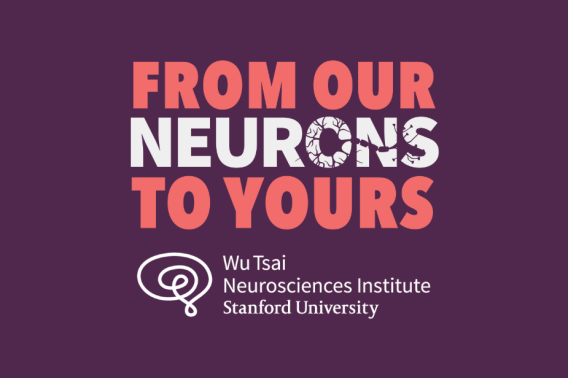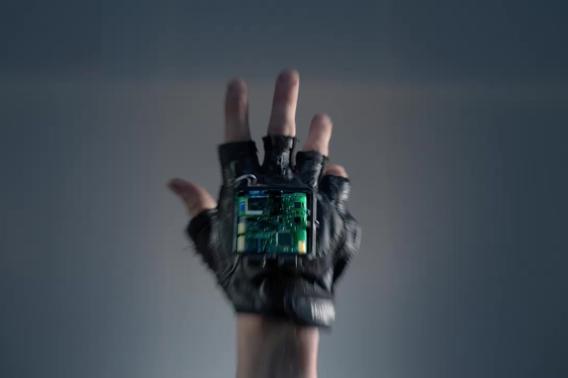Project Summary
Stroke is the number one cause of serious long-term disability in the United States, affecting close to 7 million people. Despite this there is no treatment and little understanding of why some people recover well while others do not. Indeed, many in the medical and scientific community feel that stroke is “hopeless” and as a result have not focused resources or attention on understanding stroke recovery. We do not agree. Some stroke survivors, particularly young ones, do recover well, and we believe Stanford is the right institution to challenge the defeatist assessment that this is not possible for all stroke survivors. Our Big Idea is to face this challenge head-on, utilizing the resources at Stanford to breach the barriers to understanding stroke recovery, and the differences between young and old stroke victims, and to develop therapies that improve recovery for all stroke survivors. A major factor in this transformation of stroke research will be to form a Stroke Collaborative Action Network (SCAN) at Stanford that will facilitate multi-directional translation of cutting edge engineering approaches to the basic and translational neuroscience of stroke recovery. Similar to other targeted initiatives, the most famous being the space program, we expect our efforts to not only generate practical solutions for stroke survivors but also to uncover basic truths about the brain (e.g. how the brain recovers from injury) and generate new engineering solutions for other neuroscience problems and neurological disorders.
Project Details
Program:
Funding Type:
Big Ideas in Neuroscience Award
Award Year:
2015
Lead Researcher(s):
Team Members:


